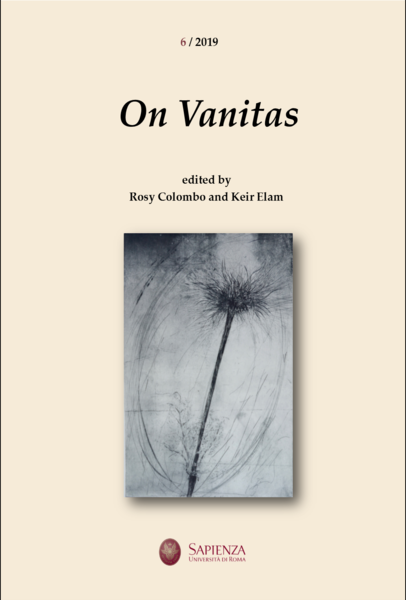Foreign and Domestic in Love’s Labour’s Lost and The Shoemaker’s Holiday
DOI:
https://doi.org/10.13133/2283-8759/16406Abstract
This paper offers a discussion of linguistic diversity as a source of laughter in two early modern English comedies, respectively by William Shakespeare and Thomas Dekker. It focuses especially on the close relationship between the risible potential of some verbal practices and the playwrights’ dramatisation of tensions between a sense of the foreign and an assertive vernacular Englishness – at a moment in European cultural and political history that proved crucial for the emergence of commonplace perceptions of national identities. My reading of such tensions will benefit from insights provided by imagology, translation and comparative studies.
Keywords: Love’s Labour’s Lost, The Shoemaker’s Holiday, Laughter, Vernacular Englishness, National identities


